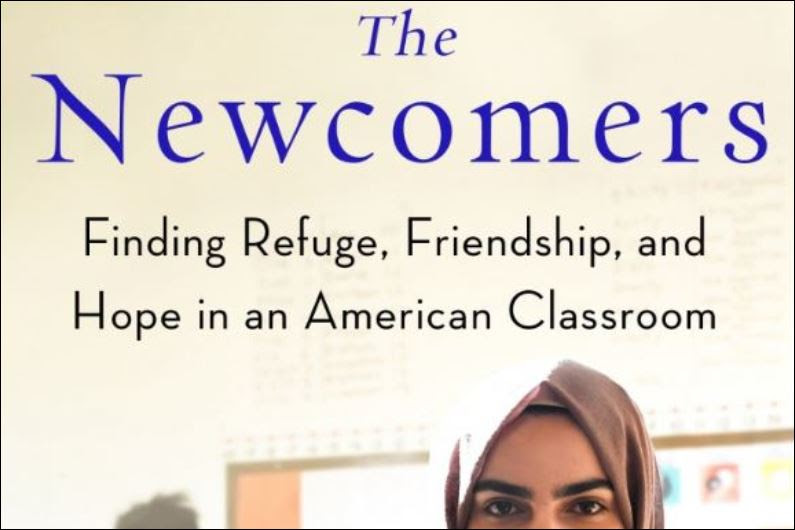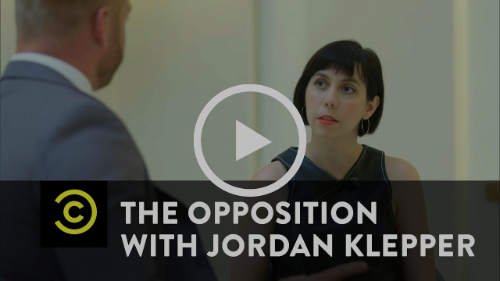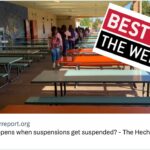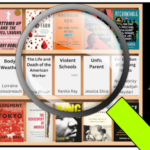| TIDBITS
CLASSROOM SUPPLY OVERKILL
 There’s been perhaps too much coverage of the classroom supplies deduction for teachers in the media lately– especially since we’re only talking about an average of $40-50 in actual savings. So I was glad to see other, broader attempts to discuss the legislation’s potential impact (for example: the concerns of higher education institutions in outlets including Politico and Inside Higher Ed). There’s been perhaps too much coverage of the classroom supplies deduction for teachers in the media lately– especially since we’re only talking about an average of $40-50 in actual savings. So I was glad to see other, broader attempts to discuss the legislation’s potential impact (for example: the concerns of higher education institutions in outlets including Politico and Inside Higher Ed).
GIVING TUESDAY BLUES
 Kudos to Chalkbeat for being transparent about its failed attempt at raising $15,000 on Giving Tuesday, the wildly oversaturated day of donating that many of us find overwhelming. No word yet on whether the Hechinger Report succeeded or failed at its $33,000 ambitious goal, or whether they’ll say if they didn’t. The outlet was unable to comment by the time this newsletter was set to publish. Kudos to Chalkbeat for being transparent about its failed attempt at raising $15,000 on Giving Tuesday, the wildly oversaturated day of donating that many of us find overwhelming. No word yet on whether the Hechinger Report succeeded or failed at its $33,000 ambitious goal, or whether they’ll say if they didn’t. The outlet was unable to comment by the time this newsletter was set to publish.
DON’T MAKE ME SCHOOL YOU
 Can we just hold off for a month on using headlines with Person A “schools” Person B for a month? It’s getting pretty tired. Can we just hold off for a month on using headlines with Person A “schools” Person B for a month? It’s getting pretty tired.
DEVOS SCHOOL VISIT PROTEST COVERAGE
 While we’re at it, how about a moratorium on the DeVos school visit protest stories, too. I cringed at all the fawning Duncan-era school visit coverage early in the Obama era, and now I’m also sort of done with teachers protesting DeVos appearance stories. What’s the news there, really? It seems lazy, and sort of boring, even though DeVos has added a cat-and-mouse aspect by refusing to give reporters notice ahead of time. And it seems like it’s basically being done to feed the outrage machine, a problematic approach to doing news. While we’re at it, how about a moratorium on the DeVos school visit protest stories, too. I cringed at all the fawning Duncan-era school visit coverage early in the Obama era, and now I’m also sort of done with teachers protesting DeVos appearance stories. What’s the news there, really? It seems lazy, and sort of boring, even though DeVos has added a cat-and-mouse aspect by refusing to give reporters notice ahead of time. And it seems like it’s basically being done to feed the outrage machine, a problematic approach to doing news.
PREP FOR YOUR PULITZER AWARD BY APPLYING FOR AN EWA PRIZE
 Every year, a handful of reporters and outlets forget to apply for one of EWA’s 17 ‘best-in-the-business’ awards and then go out and win a Pulitzer or something. How can you win one without the other? It’s just not right. Don’t let it happen to you. The deadline is December 15th. Every year, a handful of reporters and outlets forget to apply for one of EWA’s 17 ‘best-in-the-business’ awards and then go out and win a Pulitzer or something. How can you win one without the other? It’s just not right. Don’t let it happen to you. The deadline is December 15th.
|

















